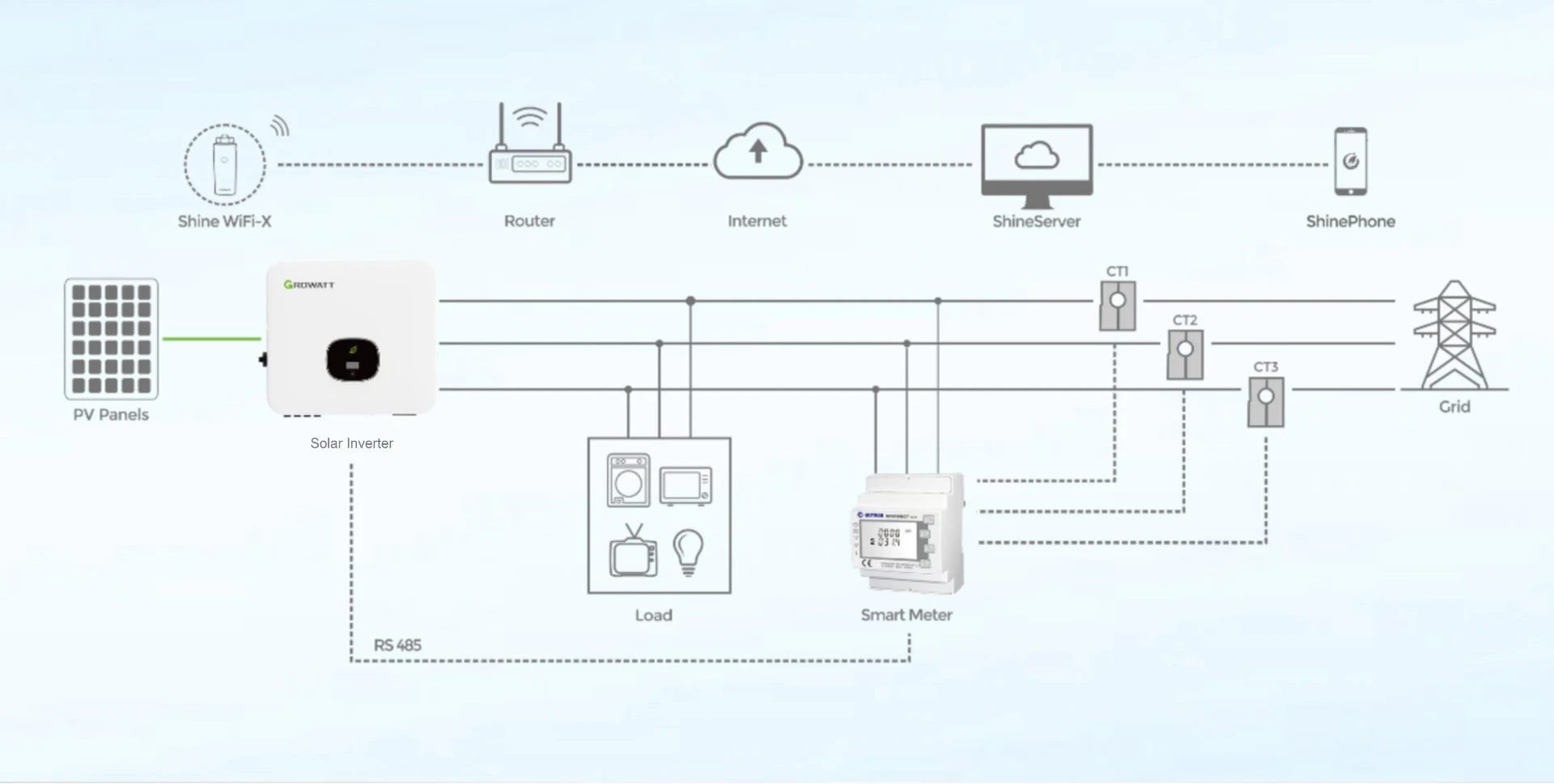Understanding Solar Panel Efficiency and Its Impact on Renewable Energy Solutions
The Efficiency of Solar Panels Understanding Performance and Innovation
As the world grapples with the urgent need for sustainable energy solutions, solar power has emerged as a leading contender in renewable energy systems. Solar panels, also known as photovoltaic (PV) panels, convert sunlight directly into electricity, providing a clean and renewable energy source. One of the key metrics that determine the viability and effectiveness of solar panels is their efficiency, which refers to the percentage of sunlight that can be converted into usable electricity. In this article, we will explore the factors influencing solar panel efficiency, the advancements in technology, and the implications for consumers and the environment.
Understanding Solar Panel Efficiency
The efficiency of a solar panel is calculated by dividing the amount of electrical energy it produces by the amount of solar energy it receives. For instance, if a solar panel absorbs 1000 watts of sunlight per square meter and produces 200 watts of electricity, its efficiency is 20%. Generally, solar panels range in efficiency from about 15% to over 22%, depending on their type and technology. Higher efficiency panels generate more electricity from the same area, making them a more attractive option for limited spaces.
Factors Affecting Efficiency
Several factors influence the efficiency of solar panels, including
1. Material Composition The type of material used to manufacture solar cells significantly impacts efficiency. For instance, monocrystalline silicon panels are generally more efficient than polycrystalline or thin-film panels, as they have a higher purity level and thus a better ability to convert sunlight into electricity.
2. Temperature While solar panels function optimally in sunlight, they can be adversely affected by high temperatures. With increasing heat, the efficiency of solar cells can decrease, which means they produce less energy on hot days. Choosing solar panels with better temperature coefficients can help mitigate this issue.
3. Angle and Orientation The angle and orientation of solar panels towards the sun also play a crucial role in their efficiency. Panels that are properly angled to receive maximum sunlight throughout the day will outperform those that are poorly angled. Tracking systems that adjust the panel angle in real-time can significantly enhance energy production.
efficiency of the solar panel

4. Shading and Dirt Accumulation Even partial shading caused by nearby trees or buildings can considerably reduce a solar panel’s efficiency. Regular cleaning and maintenance are necessary to ensure that dirt, dust, and debris do not accumulate on the surface, impeding solar energy absorption.
Advances in Technology
The solar industry has seen remarkable advancements in technology aimed at improving the efficiency of solar panels. Innovations such as bifacial solar panels, which capture sunlight on both sides, and the integration of solar cells with building materials (BIPV) are altering how we harness solar energy. The development of multi-junction solar cells, which layer different semiconductor materials, allows for higher efficiency ratings by capturing a broader spectrum of sunlight.
Researchers are also exploring the potential of perovskite solar cells, a newer material that has shown promise in achieving efficiencies exceeding 25% in laboratory settings. This evolving technology could revolutionize the industry, making solar energy even more accessible and efficient.
Implications for Consumers and the Environment
Higher efficiency solar panels lead to several benefits for consumers and the environment. For homeowners, investing in more efficient panels means they can generate more electricity with less roof space, decreasing energy costs and maximizing return on investment. On a larger scale, efficiencies in solar technology contribute to reducing carbon footprints, promoting energy independence, and mitigating climate change.
As solar technology continues to advance, it is important for consumers to stay informed about the efficiency ratings of solar panels and what options best suit their energy needs and environmental goals. Government incentives and subsidies can further enhance the appeal of investing in solar energy, making it not only a sustainable choice but also an economically sound one.
Conclusion
The efficiency of solar panels is a crucial element in the transition to renewable energy. With ongoing technological advancements and a growing awareness of sustainability, solar energy is poised to play a significant role in powering our future. As consumers and businesses increasingly adopt solar technology, understanding the factors affecting solar panel efficiency will be vital in making informed choices that benefit both the planet and their wallets.
-
Navigating Off Grid Solar Inverter: From Use Cases to Trusted PartnersNewsAug.05,2025
-
Solar Edge String Inverter: A Wholesaler’s Guide to Inverter Technology SelectionNewsAug.05,2025
-
Microinverters: Revolutionizing Solar Energy UseNewsAug.05,2025
-
Future of Monocrystalline Solar Panel Efficiency: Latest Technological AdvancesNewsAug.05,2025
-
Solar Panels for House: A Complete Guide to Residential Solar EnergyNewsAug.05,2025
-
Panel Bifacial Performance in Snow and Low-Light ConditionsNewsAug.05,2025







